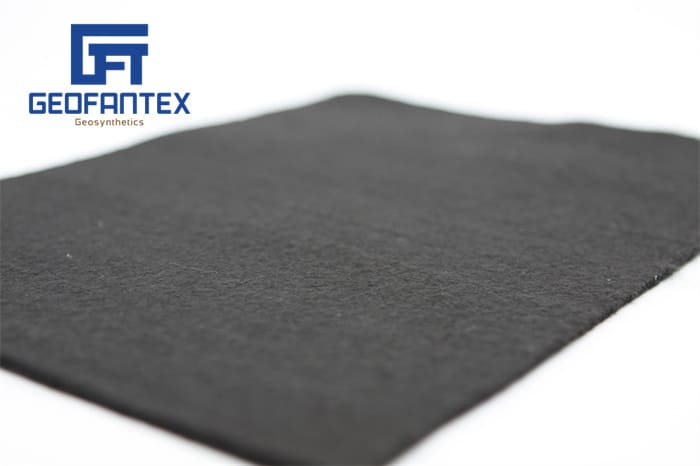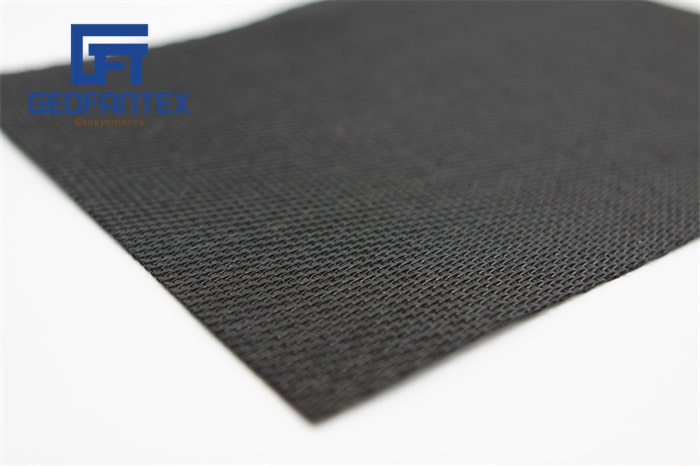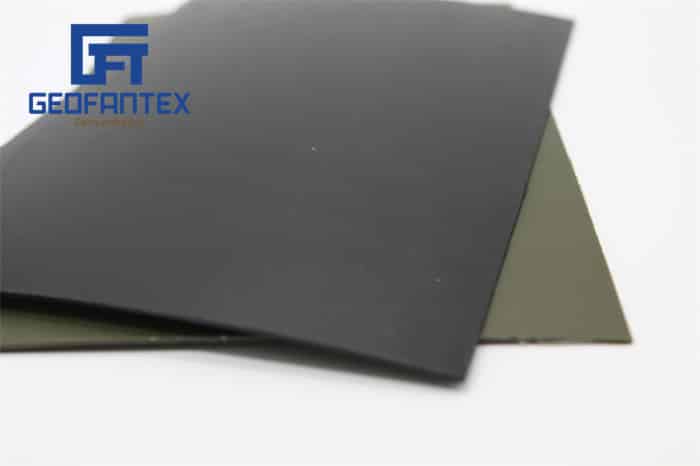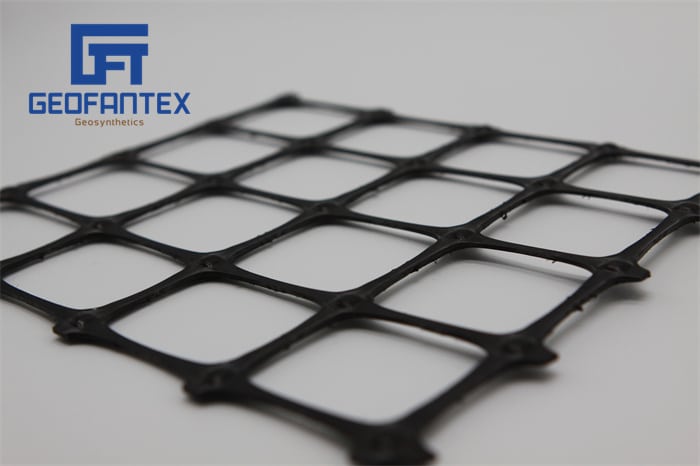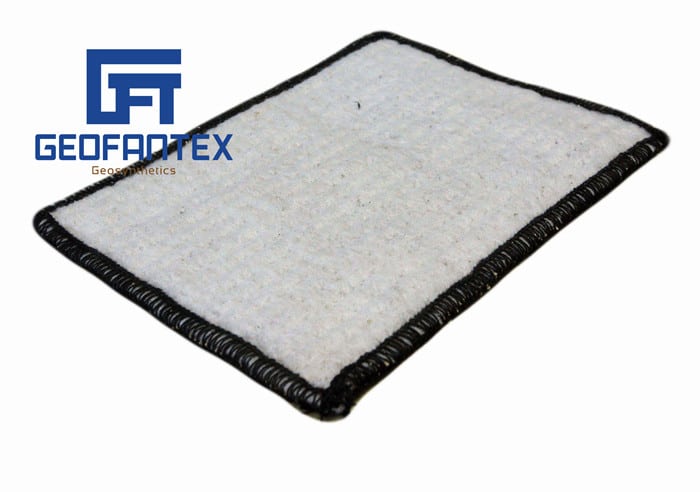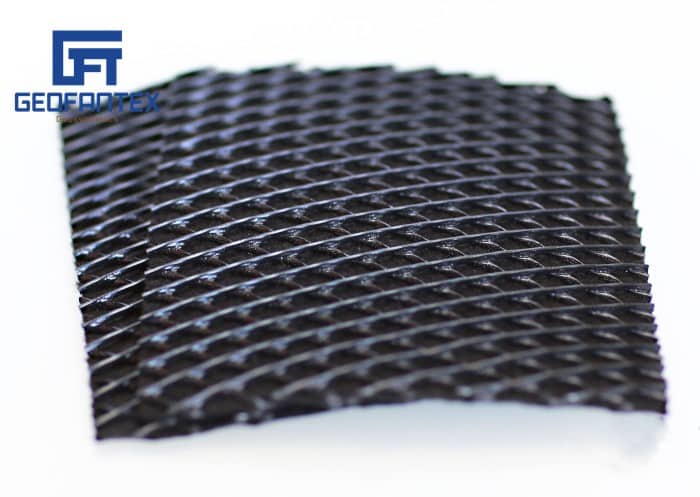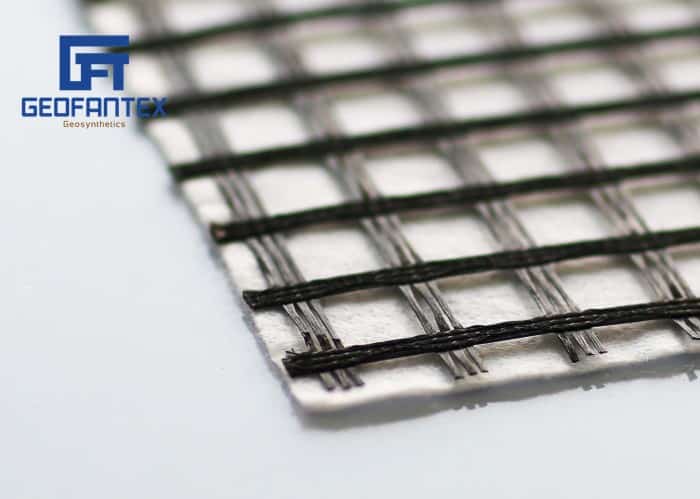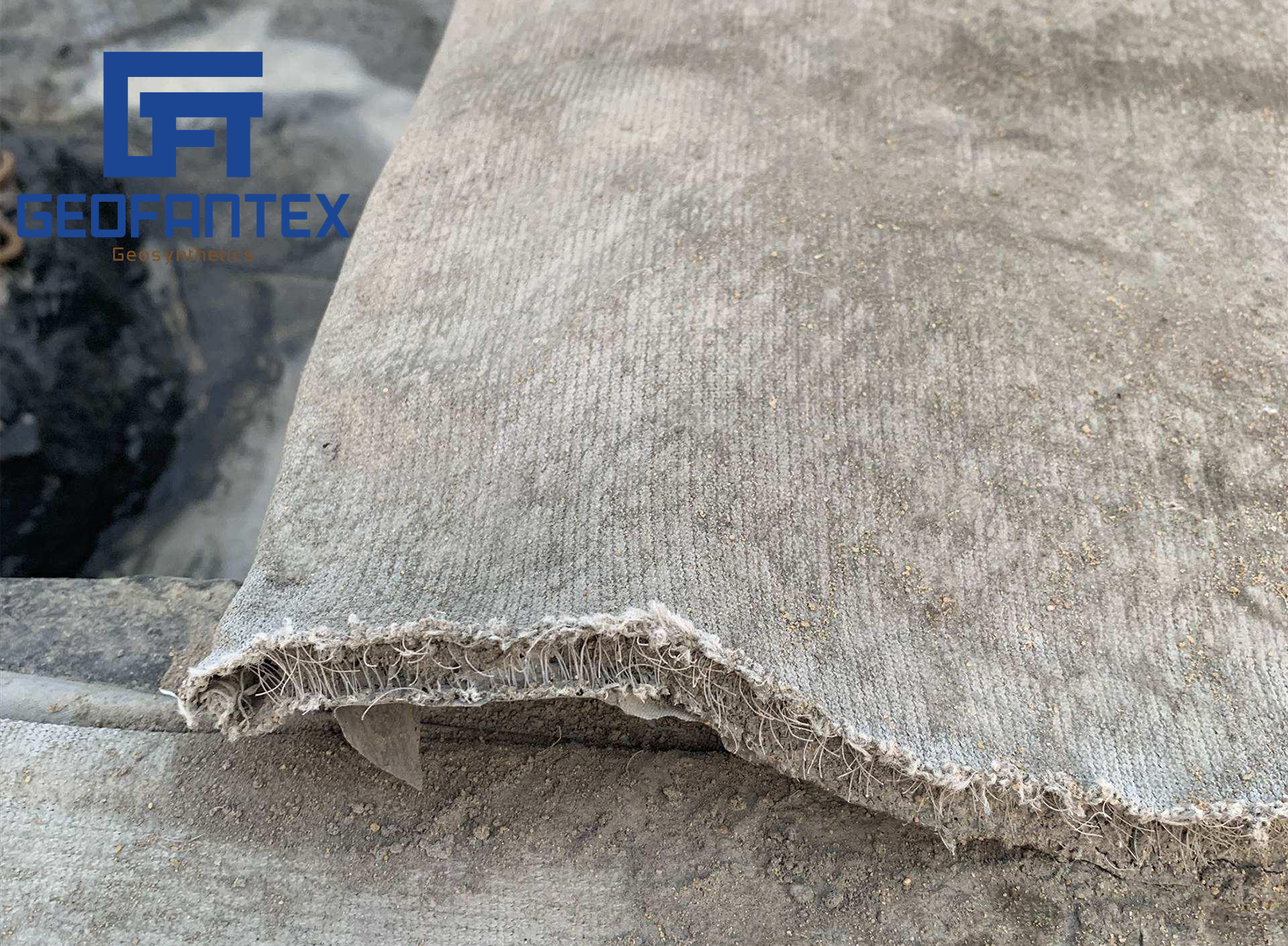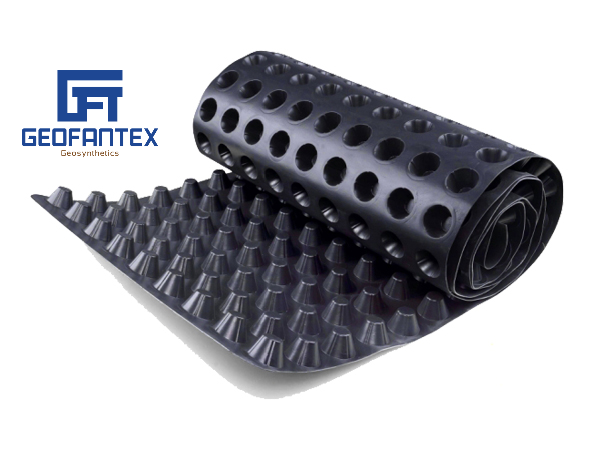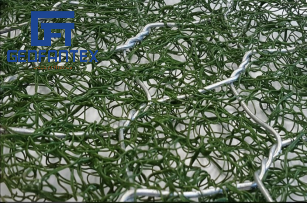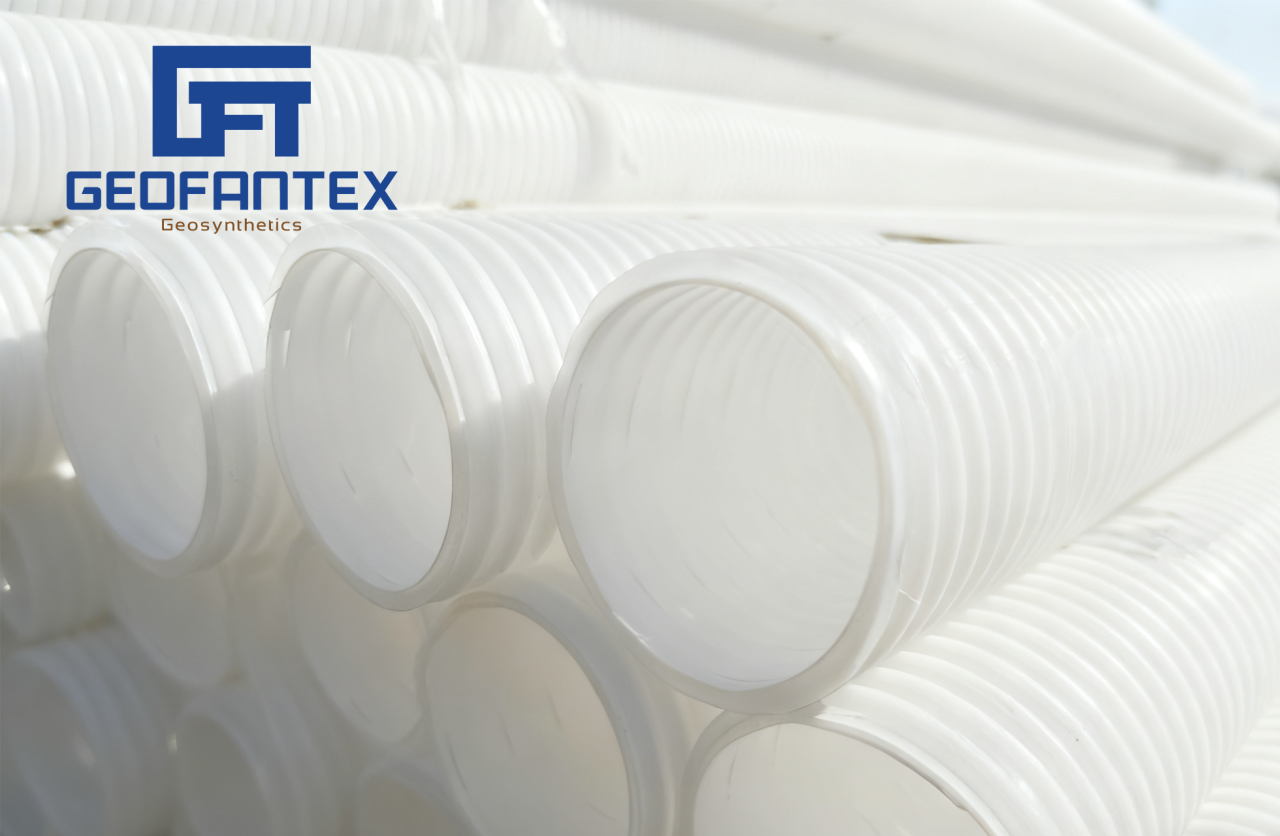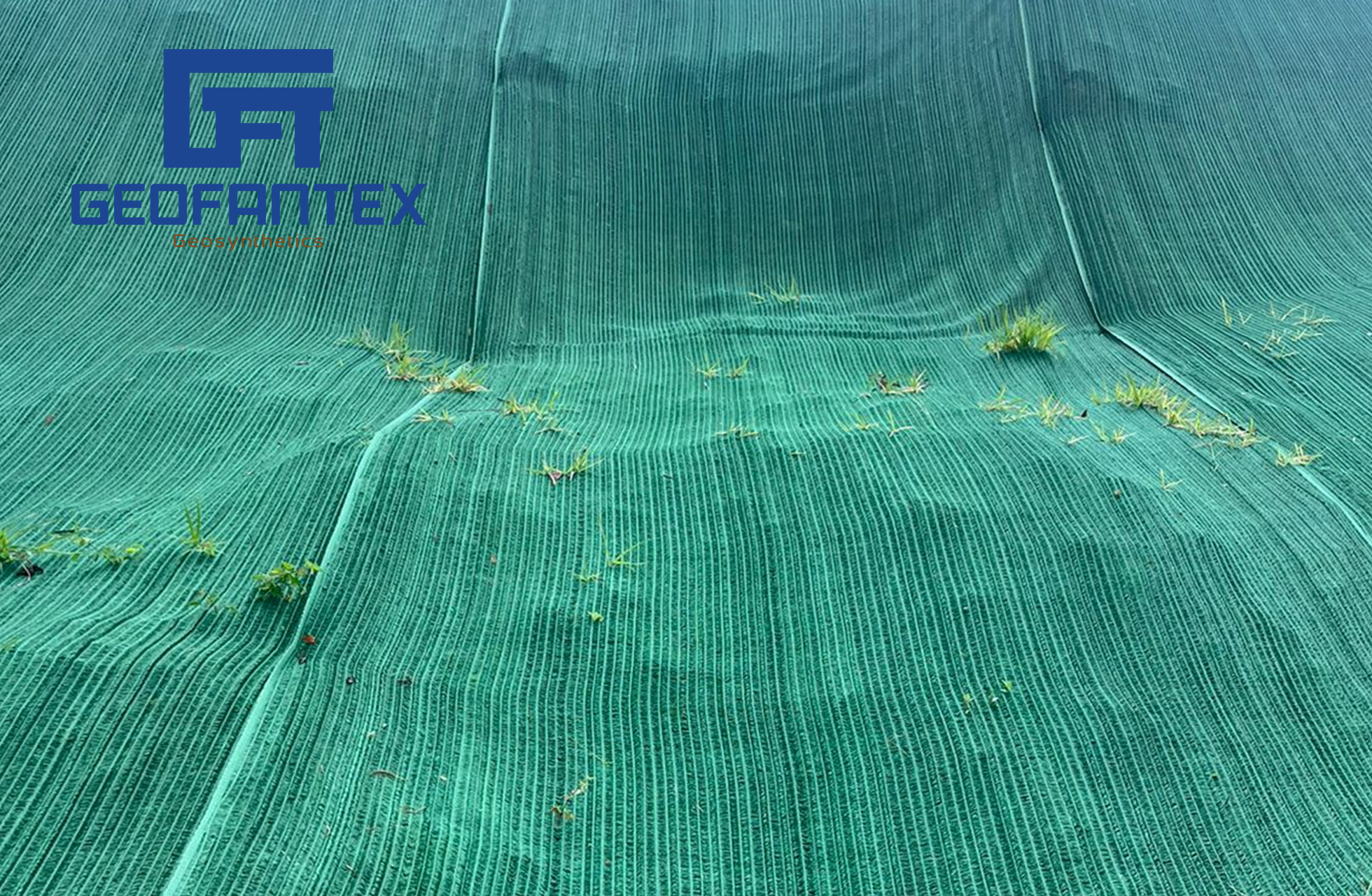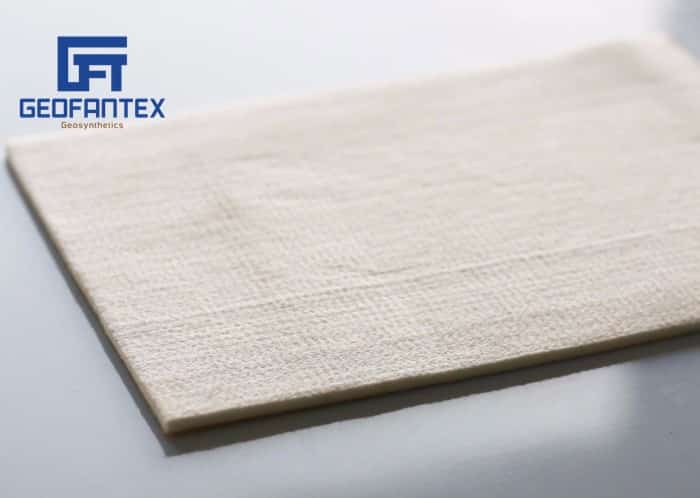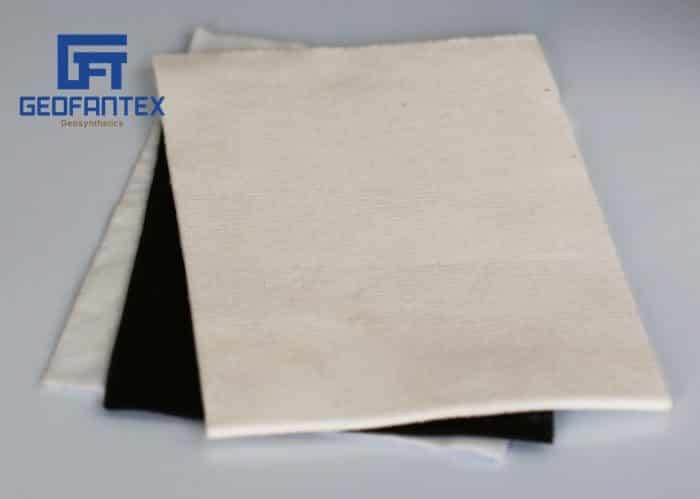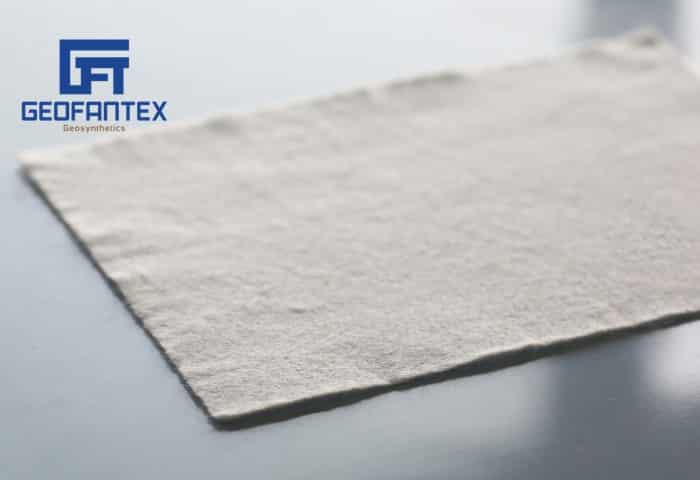+86-159 9860 6917
info@geofantex.com
geofantex@gmail.com
+86-400-8266163-44899
Geomembranes are essential in many industries because they possess outstanding properties that make them resistant to a wide array of chemicals. This article delves into the essential characteristics of geomembranes, their uses, and how they excel in enduring diverse chemical environments.
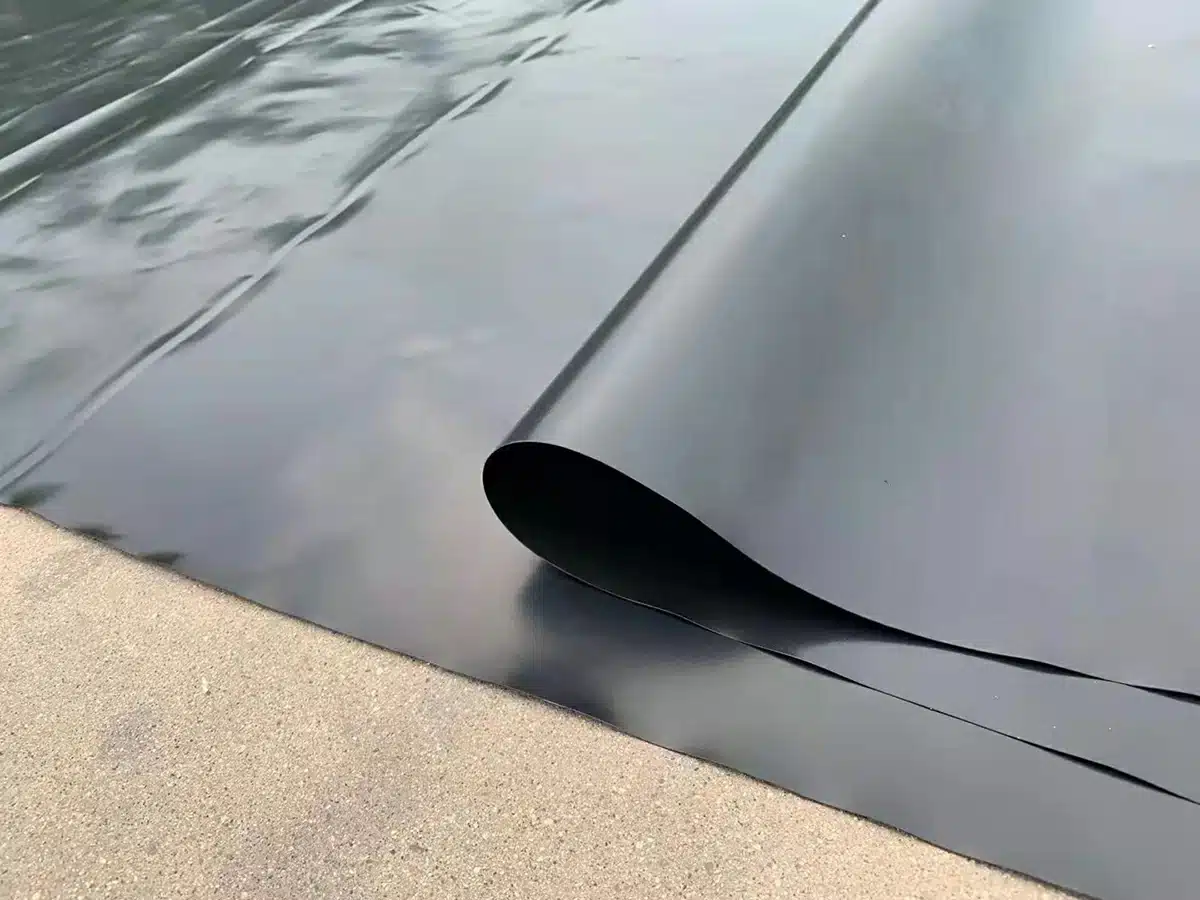
What are the properties of geomembranes?
Geomembranes are synthetic membranes used in geotechnical engineering to control fluid movement in a structure or system. Here is a comprehensive overview of their properties
Physical Properties
| Thickness | Ranges from 0.5 to 3 mm, providing different levels of impermeability. |
| Density | Typically high-density materials ensure durability and resistance to punctures. |
| Flexibility | Allows for easy installation and adaptation to the substrate’s shape. |
| Impermeability | Extremely low permeability to liquids and gases, crucial for containment applications. |
Mechanical Properties
| Tensile Strength | High tensile strength to withstand stresses without tearing. |
| Elongation | Ability to stretch and conform to ground movements without breaking. |
| Puncture Resistance | Resilient to punctures from sharp objects, essential for maintaining integrity. |
| Tear Resistance | Prevents propagation of tears if the membrane is damaged. |
Chemical Properties
| Chemical Resistance | Resistant to a wide range of chemicals, including acids, alkalis, and hydrocarbons, making them suitable for hazardous waste containment. |
| UV Resistance | Some geomembranes are treated to resist ultraviolet degradation when exposed to sunlight. |
| Thermal Stability | Maintains performance over a range of temperatures. |
Applications
| Environmental Protection | Used in landfill liners, leachate ponds, and secondary containment systems to prevent contamination. |
| Water Management | Applied in canals, reservoirs, and dams to prevent seepage. |
| Mining | Utilized for tailings ponds, heap leach pads, and process solution containment. |
| Civil Engineering | Used in tunnel linings, road construction, and retaining walls for erosion control and stability. |
Applications
| Cost-Effective | Provides a cost-efficient solution for fluid containment and environmental protection. |
| Durability | Long-lasting and capable of withstanding harsh environmental conditions. |
| Ease of Installation | Flexible and easy to install, even on irregular surfaces. |
| Versatility | Suitable for a wide range of applications across various industries. |
How do geomembranes resist chemical degradation?
Geomembranes resist chemical degradation through several mechanisms and properties:
Material Selection: Geomembranes are typically made of high-density polyethylene (HDPE), low-density polyethylene (LDPE), polyvinyl chloride (PVC), or ethylene propylene diene monomer (EPDM), which offer excellent chemical resistance.
- Chemical Inertness: These materials have minimal reactivity with most chemicals, preventing degradation upon exposure.
- Barrier Properties: Geomembranes act as impermeable barriers, preventing chemicals from penetrating into the underlying soil or water body, thus reducing exposure and degradation.
- UV Stabilizers: Some geomembranes are formulated with UV stabilizers to protect against ultraviolet radiation, which can accelerate chemical degradation.
- Thickness: Thicker geomembranes provide greater protection against chemical degradation by offering more material for chemical resistance.
- Seam Integrity: Proper welding techniques and seam integrity ensure that there are no weak points where chemicals can penetrate or cause damage.
These factors work together to enhance the durability and longevity of geomembranes in chemical environments.
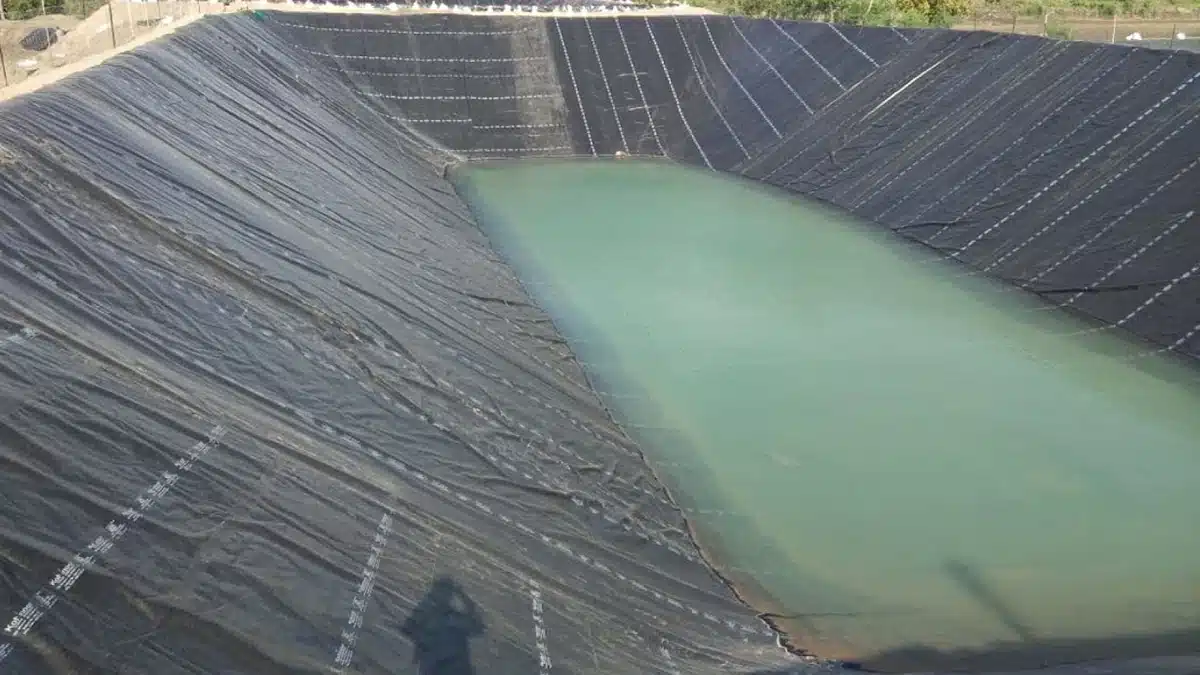
In what industries are geomembranes commonly used due to their chemical resistance?
Geomembranes are commonly used in various industries where chemical resistance is crucial. Some of these industries include:
- Environmental Protection: Geomembranes are extensively used in landfill lining, wastewater treatment plants, and containment systems for hazardous waste to prevent the leaching of contaminants into the environment.
- Mining: They are employed in mining operations for tailings ponds, heap leach pads, and other containment structures to prevent the seepage of chemicals and contaminants into the soil and groundwater.
- Agriculture: Geomembranes are used in agriculture for lining irrigation canals, reservoirs, and ponds to prevent water seepage and the leaching of fertilizers or pesticides into the ground.
- Oil and Gas: They find applications in oil and gas containment systems, such as secondary containment for fuel storage tanks and oil field pit liners, to prevent soil and water contamination from hydrocarbons and chemicals.
- Aquaculture: Geomembranes are used in fish farms and aquaculture facilities for pond lining to prevent water seepage and ensure the containment of aquatic environments.
- Construction: They are utilized in construction for lining reservoirs, tunnels, and canals to prevent water seepage and chemical leaching into surrounding structures or the environment.
What advantages do geomembranes with chemical resistance offer over traditional materials?
Geomembranes endowed with chemical resistance offers several distinct advantages over traditional materials in various applications:
- Enhanced Durability: Chemically resistant geomembranes are engineered to withstand exposure to harsh chemicals without degradation, ensuring long-term durability in environments such as industrial sites, landfills, and wastewater treatment facilities.
- Reduced Maintenance Costs: Their resistance to chemical degradation minimizes the need for frequent repairs or replacements, resulting in lower maintenance expenses over the lifespan of the structure or containment system.
- Improved Environmental Protection: By preventing the seepage of hazardous chemicals into surrounding soil or water bodies, chemically resistant geomembranes help safeguard ecosystems and prevent contamination of groundwater sources.
- Versatile Application: These geomembranes are suitable for a wide range of applications, including chemical storage ponds, secondary containment systems, and lining for hazardous waste landfills, providing flexibility in design and construction.
- Long-Term Cost Savings: Despite potentially higher upfront costs, the longevity and reliability of chemically resistant geomembranes translate into significant cost savings over time due to reduced maintenance, repair, and environmental remediation expenses.
In conclusion, understanding the properties and capabilities of geomembranes in resisting chemical degradation is crucial across multiple industries. Their remarkable durability, versatility, and ability to withstand aggressive chemicals make them an invaluable solution for containment and protection applications.
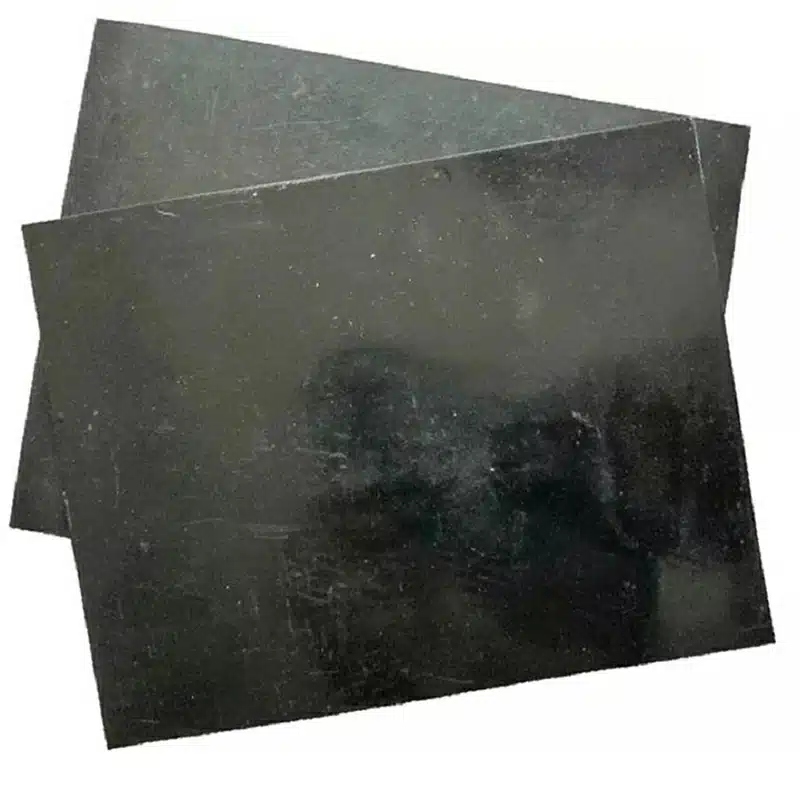
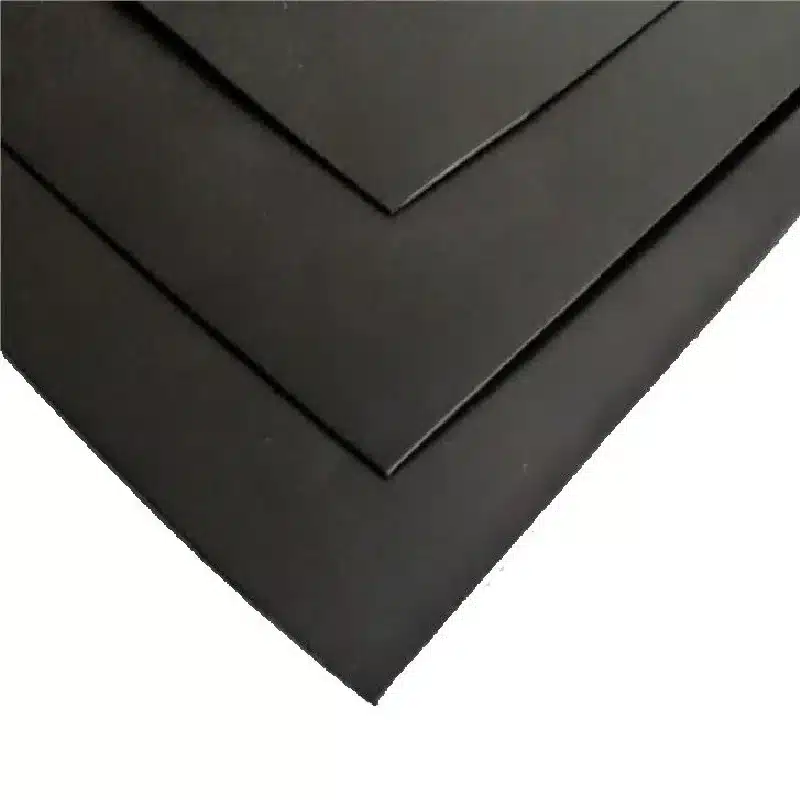
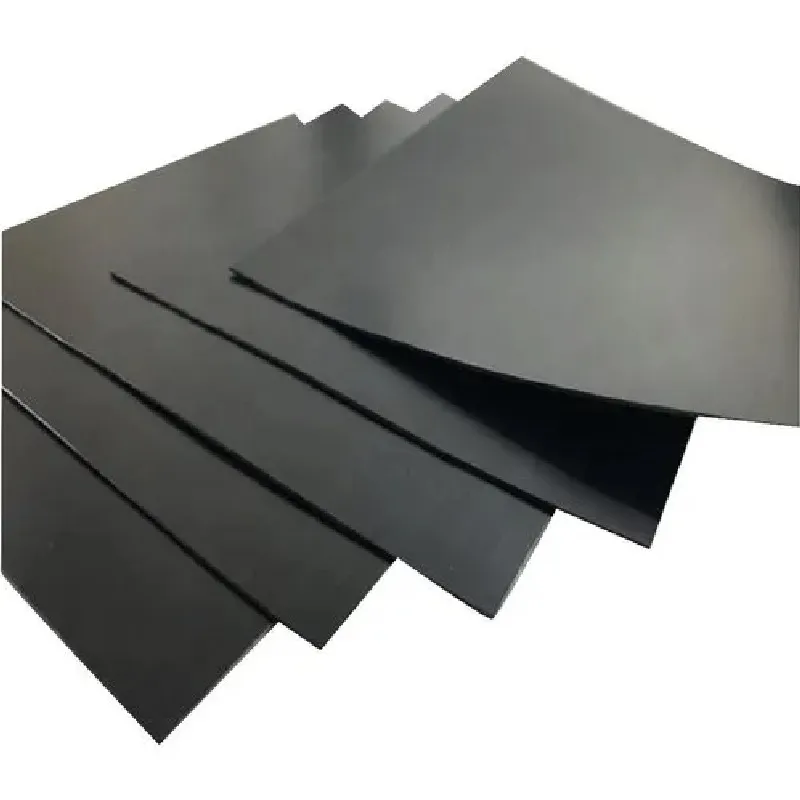
Get Free Sample
We’ll respond as soon as possible(within 12 hours)

